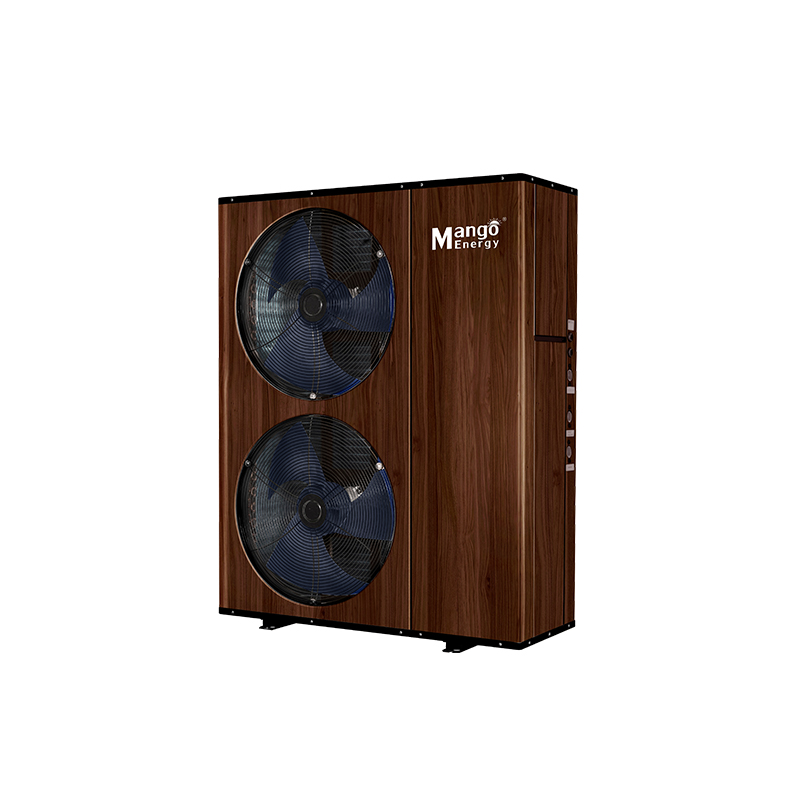How Do Geothermal Heat Pumps Work?
11/01/2024 Geothermal heat pumps, also known as ground source heat pumps, are an efficient and sustainable solution for heating and cooling homes. They utilize the stable temperatures found underground to provide consistent and eco-friendly climate control. Let’s dive into how these systems work and why they are an excellent choice for both heating and air conditioning needs.Down-to-earth right air source heat pump In-depth research is the only way to pursue development. http://mangoenergyheatpump.com
What is a Geothermal Heat Pump?
A geothermal heat pump is a system that leverages the earth’s natural heat to provide heating, cooling, and often hot water for residential and commercial buildings. Unlike conventional HVAC systems that rely on outside air temperatures, geothermal systems use the relatively constant temperature of the ground as a heat source in winter and a heat sink in summer.
How Do Geothermal Heat Pumps Work?
1. Ground Loop System:
Closed-Loop Systems: These are the most common and involve a loop of piping buried in the ground or submerged in water. The loops can be installed horizontally, vertically, or in a pond/lake.
Open-Loop Systems: These systems use groundwater from a well or surface body, which is returned to the source after heat exchange.
2. Heat Exchange Process:
Heating Mode: During winter, the fluid in the ground loop absorbs heat from the earth. This heat is then transferred to the heat pump unit inside the building. The heat pump compresses the absorbed heat to a higher temperature and distributes it through the building’s ductwork or radiant heating system.
Cooling Mode: In the summer, the process is reversed. The heat pump extracts heat from the indoor air and transfers it to the cooler ground via the ground loop. This removes heat from the home and effectively cools it down.
3. Distribution System:
Once the heat is extracted from the ground and conditioned by the heat pump, it is distributed throughout the home via traditional ductwork or a radiant floor system.
Benefits of Geothermal Heat Pumps
1. Energy Efficiency:
Geothermal heat pumps are significantly more efficient than traditional heating and cooling systems. They can achieve efficiencies of 300-600%, meaning they can produce 3 to 6 units of heating or cooling for every unit of electricity consumed.
2. Environmental Impact:
By using renewable energy from the earth, geothermal systems reduce reliance on fossil fuels and decrease greenhouse gas emissions. They are a greener choice for sustainable living.
3. Cost Savings:
Although the initial installation cost of a geothermal heat pump can be higher, the system pays for itself over time through lower operating costs. Homeowners can save up to 70% on heating, cooling, and hot water bills.
4. Longevity and Durability:
Geothermal systems have fewer moving parts and are sheltered from outdoor elements, leading to longer lifespans. The underground loop systems often come with warranties of 50 years or more.